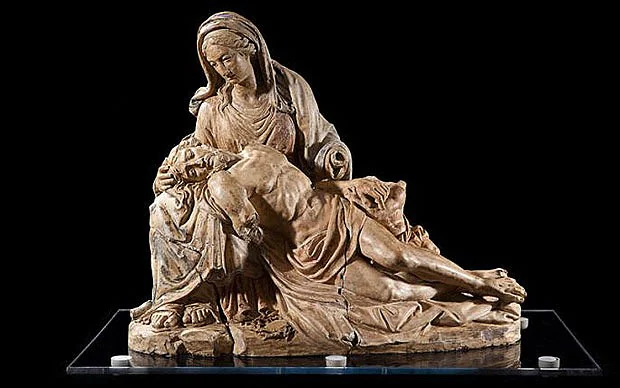“But I beg you that when I am present I may not be bold
with that confidence by which I intend to be bold against some,
who think of us as if we walked according to the flesh”
– 2 Corinthians 10:2 –
In all environments (family, work, church, and friendships) we can face conflict. Resolving them is not easy. There are situations that are very complex, our emotions are heavily involved, we feel blocked, and lack good strategies. Conflict begins when someone or something affects us, we believe if it affects us, or think it may affect us.
“You cannot solve a problem from the same level of consciousness
that created it” – Albert Einstein –
How did Paul face the many problems he had in Corinth?
- He confronted them with strength and courage. He was direct, clear, and did not negotiate on his principles.
- He highlighted and valued everything that was positive.
- He was present during the process, showed his face, and led upfront.
- He treated others with consideration and kindness. No reason or truth justifies a rude or violent response.
- He always tried to highlight the message and attitude of Christ.
- He used discipline as a last resort. Sometimes it is necessary, but should be sone with love, seeking above all to heal and restore.
Many people prefer to live with conflict rather than try to find ways to reslove it. This locks us up in a prison of tension, which becomes even more problematic. “The condition of the mind affects the health to a far greater degree than many realize. Many of the diseases from which men suffer are the result of mental depression. Grief, anxiety, discontent, remorse, guilt, distrust, all tend to break down the life forces and to invite decay and death” (Counsels on Health, p. 344).
The ostrich, which comes from Africa, has a small head, large eyes, and legs which are long and muscular and allow it to run fifty-five miles in half an hour. It is the largest and heaviest of all birds in existence, but it cannot fly. It can reach up to ten feet in height and weight up to four hundred pounds.
When an ostrich is in danger, it lowers its head to ground level to go unnoticed and look like a brush. This gave origin to the saying “Don’t bury your head in the sand like the ostrich,” to describe those who prefer to hide without taking responsibility.
We have to be masters and not slaves to circumstances.
The promise is sure and strong:
“Every human being, created in the image of God, is endowed
with a power akin to that of the Creator – individuality,
power to think and to do” (Education, p. 17).
It is always better not to hide your head like the ostrich.
May the Lord fill you with His wisdom to overcome any obstacles you may have.
Be blessed…










